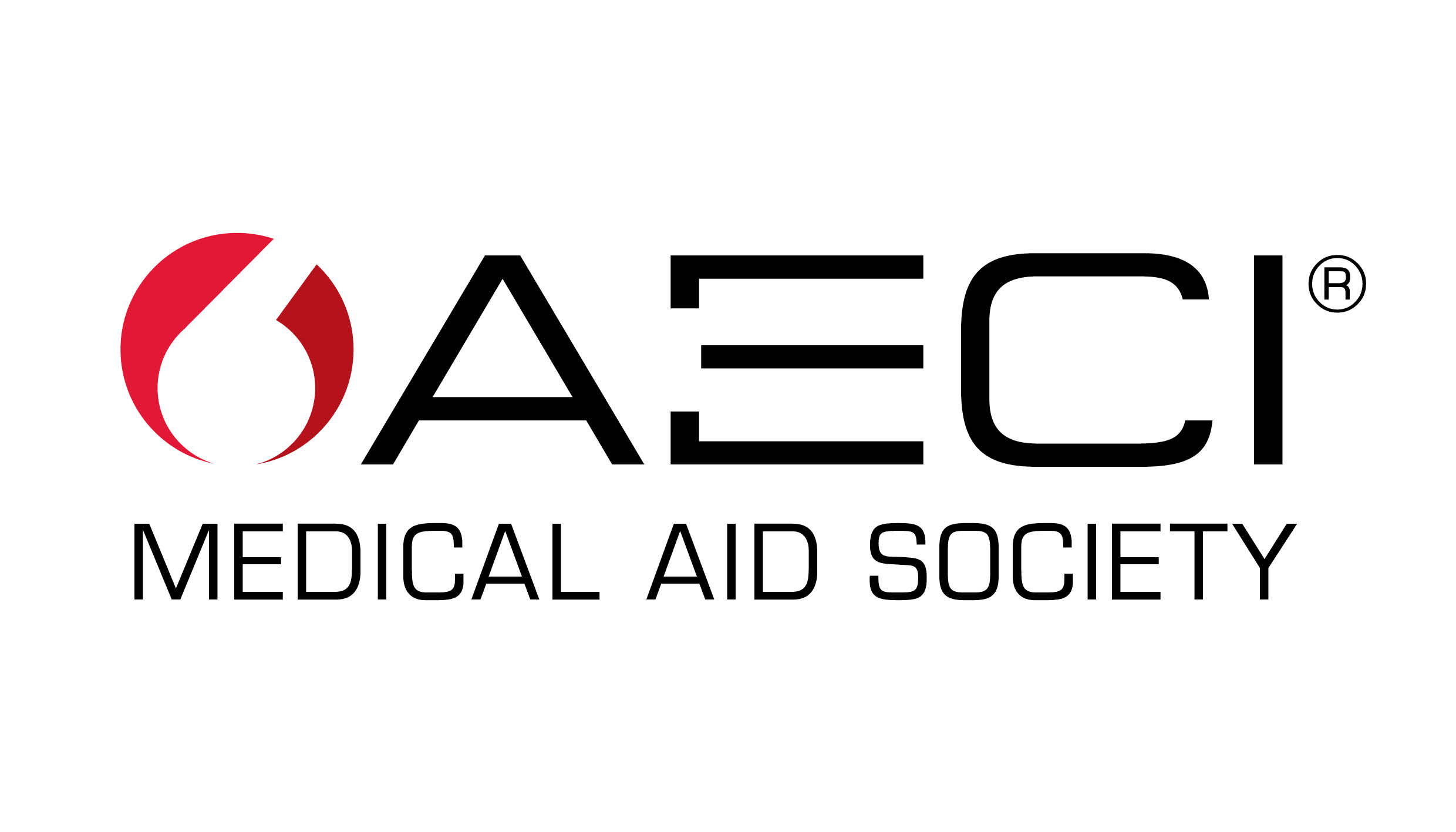What is diabetic neuropathy?
Affecting over four million South Africans, diabetes can lead to a wide range of complications if poorly managed. One of these is diabetic neuropathy. Some studies have reported a prevalence of up to 30.3% in South Africa, with a 71% increased risk in the 50 to 64 age group.
Warning signs
Diabetic neuropathy is a type of nerve damage. It is a progressive condition with symptoms often beginning in the feet or hands before spreading to the legs and arms.
Symptoms of diabetic neuropathy include: Numbness or tingling in the hands and feet, aches and cramps in the lower limbs, muscle weakness, pain and discomfort, and loss of sensation. It can also cause poor sleep, digestive issues, heat intolerance, slow-healing sores, dizziness or fainting due to low blood pressure and sexual dysfunction.
Ignoring these symptoms can lead to serious complications, including infections and even amputations, so it’s critical to consult your healthcare practitioner as soon as you become aware of them.
Prevention
With early intervention, some aspects of diabetic neuropathy can be managed and reversed. This is less likely the more severe the symptoms.
So, the best option is to prevent the development of diabetes-related neuropathy, and that can be achieved through proper management of diabetes:
Warning signs
Diabetic neuropathy is a type of nerve damage. It is a progressive condition with symptoms often beginning in the feet or hands before spreading to the legs and arms.
Symptoms of diabetic neuropathy include: Numbness or tingling in the hands and feet, aches and cramps in the lower limbs, muscle weakness, pain and discomfort, and loss of sensation. It can also cause poor sleep, digestive issues, heat intolerance, slow-healing sores, dizziness or fainting due to low blood pressure and sexual dysfunction.
Ignoring these symptoms can lead to serious complications, including infections and even amputations, so it’s critical to consult your healthcare practitioner as soon as you become aware of them.
Prevention
With early intervention, some aspects of diabetic neuropathy can be managed and reversed. This is less likely the more severe the symptoms.
So, the best option is to prevent the development of diabetes-related neuropathy, and that can be achieved through proper management of diabetes:
- Going for regular checkups
- Maintaining healthy blood sugar and blood pressure levels
- Exercising regularly
- Following a healthy and balanced diet
- Avoiding alcohol
- Quitting smoking
With early recognition of symptoms, and adopting healthy lifestyle habits, you can prevent diabetic neuropathy and enjoy better health and quality of life
References:
References:
